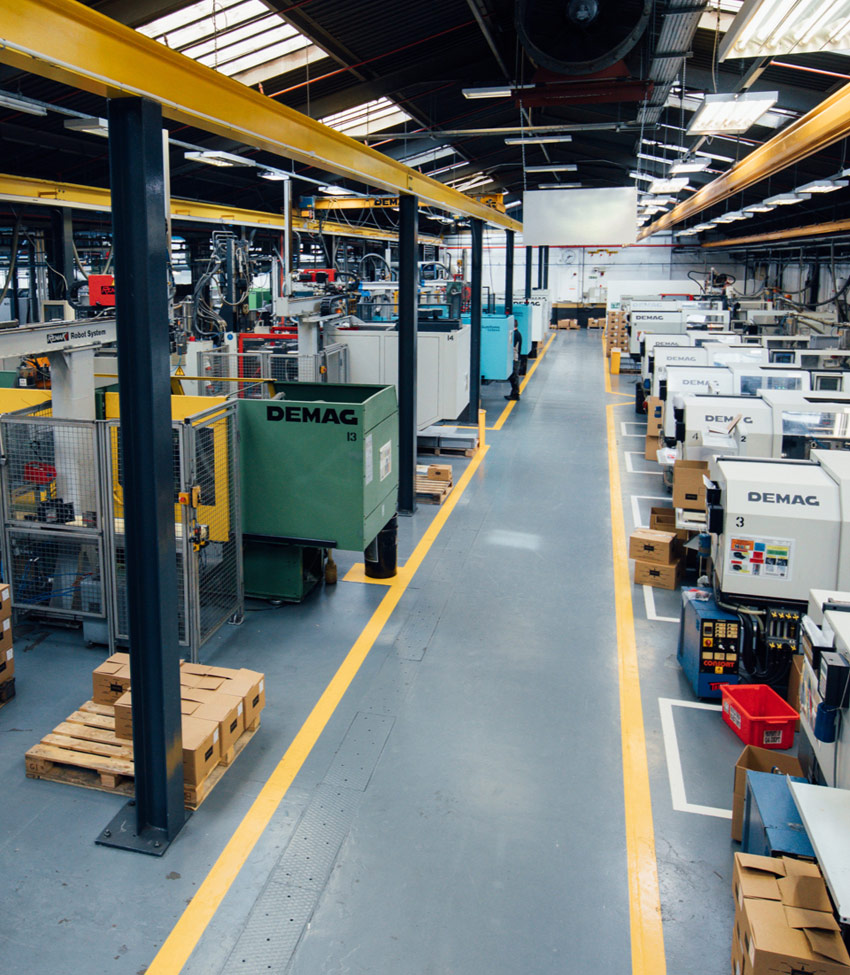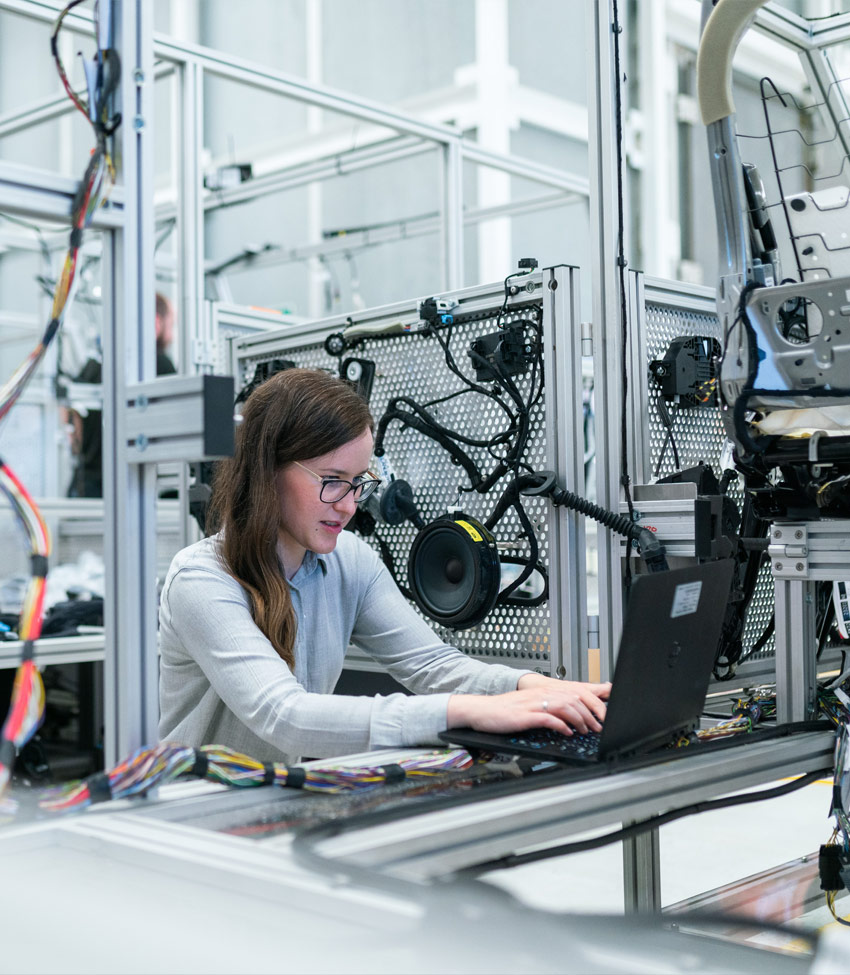The Brexit Effect
1 February 2022
Chris Stock looks at how Brexit has impacted manufacturing and distribution businesses, examining how the right technology can help overcome some of the biggest challenges.
UK industry has certainly seen a dramatic couple of years. COVID-19 aside, the issue of Brexit alone was enough to cause wide-spread disruption for businesses as they try to adapt to the necessary new ways of working.
Indeed, even one year on from the end of the Brexit transition period, two-thirds of industrial company leaders said Brexit had moderately or significantly hampered their business.
For the manufacturing and distribution sectors in particular, two areas of industry that really have weathered the highs and lows of the last two years, what impact has Brexit had and what role can technology play in addressing some of the Brexit-related challenges that they’re experiencing?
Undoubtedly, businesses are still battling new customs paperwork and the increase in admin this can bring. At the same time, these changes are causing delays to shipments, with the knock-on effects of seemingly minor administrative mistakes proving to be both time and cost consuming.
Add to this the fact that freight costs have jumped massively and you can see why and how import / export activities have become much more burdensome for manufacturers and distributors in the wake of Brexit.
Not only are businesses struggling to find the time to deal with these new, pressing challenges, but having the resource available to manage these additional demands is proving problematic too.
Having faced 2021’s ‘Great Resignation’ here in the UK, businesses also have limited access to skilled workers from across Europe, as well as a lack of HGV drivers. All things considered, it’s not surprising that business leaders listed a skills shortage as one of the top three challenges to be tackled over the coming months.

All of this is going on in a time of continued disruption, when it seems that the only things of which we can be certain is uncertainty itself, with the shadow of COVID-19 still looming large.
For manufacturing and distribution businesses, these circumstances have led many to reassess just how they do business, examining and adjusting their existing processes and procedures to better navigate this post-Brexit world.
At the heart of these new efforts is a desire to boost business resilience while streamlining processes, building businesses that can meet new challenges head-on, even with depleted resources, but still able to seize new opportunities as they arise.
Technology is proving to be the key to unlocking the efficiencies and new capabilities required to not only survive but thrive as we progress through 2022 and beyond.
The right systems can form the solid foundation for increased agility, uniting seemingly disparate parts of the business and simplifying complexity to facilitate faster, more robust decision-making that’s grounded in real-time, business-wide insight.
It’s this improved decision-making that enables the business to better respond to not only changing demands but to potential opportunities too.
Increased automation helps to simplify and streamline complex processes, instilling greater accuracy in customs paperwork, for example, by doing away with the often error-prone manual data entry and data management that’s proving to be so problematic post-Brexit.
It also frees-up staff to focus on more value-add activities, again ensuring more resource can be dedicated to making the most of any opportunities that do arise.
Enhanced planning and forecasting capabilities are also helping manufacturers and distributors to overcome their post-Brexit challenges.
With the right solution in place, accurate, timely and comprehensive business information helps to better inform planning and forecasting. With clarity of information and insight enabling businesses to shift manufacturing and distribution schedules in-line with changing requirements and challenges, all while staying efficient.
That’s not to say that one-size-fits-all when it comes to technology. And, as more businesses are discovering, choosing the right solution, delivered by the right partner can make all the difference.
The right partner will bring not only technological savvy and know-how to the table, but with the addition of real-world experience and expertise, which makes them ideally positioned to advise on which technology should be deployed (and how) to best meet the needs of the business in question.
Infor CloudSuite Industrial (SyteLine)
In a world full of doubts, using technology to harness change is proving invaluable for businesses across the manufacturing and distribution sectors. The right technology, delivered by the right partner can help to reduce operational complexity, streamlining operations and delivering the timely, accurate information on which to base effective decision-making.
For businesses still struggling to get to grips with doing business in a post-Brexit world, embracing digital capabilities to drive real business improvements is a very good place to start, unlocking the levels of agility needed to deliver long-term success.
For more information on how Inforlogic can help you unlock your agile potential, get in touch or call the team on 01606 720499.